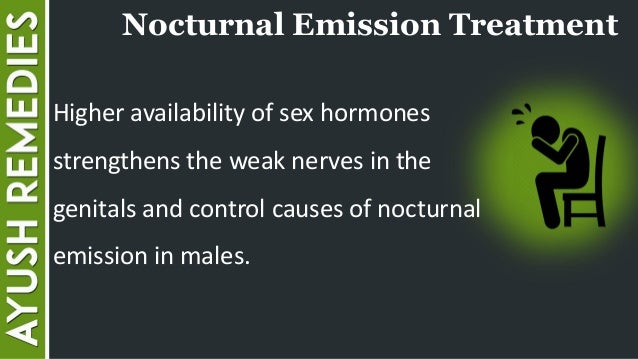

Humans are considered “common” ( chol) because they are made from the earth, but we have the unique opportunity to transcend our common origins and become holy. However, Yahweh is generous, and he wants to share his own life with others, so God creates another being to share his life. Holiness refers to the unique, one-of-a-kind status of Yahweh, who is the source of all life, goodness, beauty, and light. The Hebrew word for holy is kadosh, which can describe a person, place, or thing that has been brought into proximity or dedicated to the service of Yahweh. Holiness has to do with proximity to Yahweh. When we reconsider them as part of the key themes of the Torah and imagine how ancient Israelites would have viewed these laws, we will find a beauty and significance to these laws we wouldn’t have seen otherwise. And if we read them only at a surface level, they will remain strange to us.
NOCTURNAL EMISSION LEVITICUS SKIN
These laws can be some of the strangest for us to read, as they center around food, childbirth, sex, and skin disease.
NOCTURNAL EMISSION LEVITICUS HOW TO
All of the Torah is instruction for how to respond when Yahweh speaks to us, and each story is a case study exploring that theme.Īfter Aaron’s sons fail to obey Yahweh and instead defile his holy space, Yahweh gives Israel a set of laws to help them judge between what is holy and common, pure and impure. The takeaway is not that we should go set up our own tents for God to dwell in. In part two (10:50-28:04), Tim and Jon discuss how we can respond to this section of Leviticus as readers. Why is this second movement both physically central and so significant to the plot of the Torah? It’s because for the first time since the garden of Eden, Yahweh has made a way to dwell with humanity again. However, the priesthood has barely been consecrated when Aaron’s sons decide to offer unauthorized fire before Yahweh, defiling the holy space. The second movement begins with the inauguration of the levitical priesthood and the tabernacle, God’s sacred dwelling and the place where Heaven and Earth meet.

We’re currently studying Leviticus’ central movement, the second of three movements, which means it’s at the center of the center of the Torah. Leviticus anchors the Torah, situated in the very center of the five-book collection. In part one (00:00-10:50), Tim and Jon review the structure of Leviticus. Impurity is similar to a contagion-something that you can come in contact with that makes you impure. To be pure is to exist in an ideal state, healthy and whole, but it is not the same as being holy. Someone or something common can be either pure or impure, similar to how a person can be sick or healthy.Humans are considered common because they are made from the earth, but we have the unique opportunity to transcend our common origins and become holy by sharing in God’s life. Everything that does not directly share in the life and holiness of Yahweh is common.



 0 kommentar(er)
0 kommentar(er)
